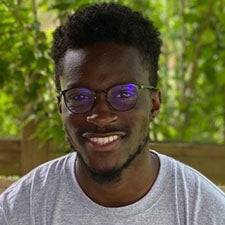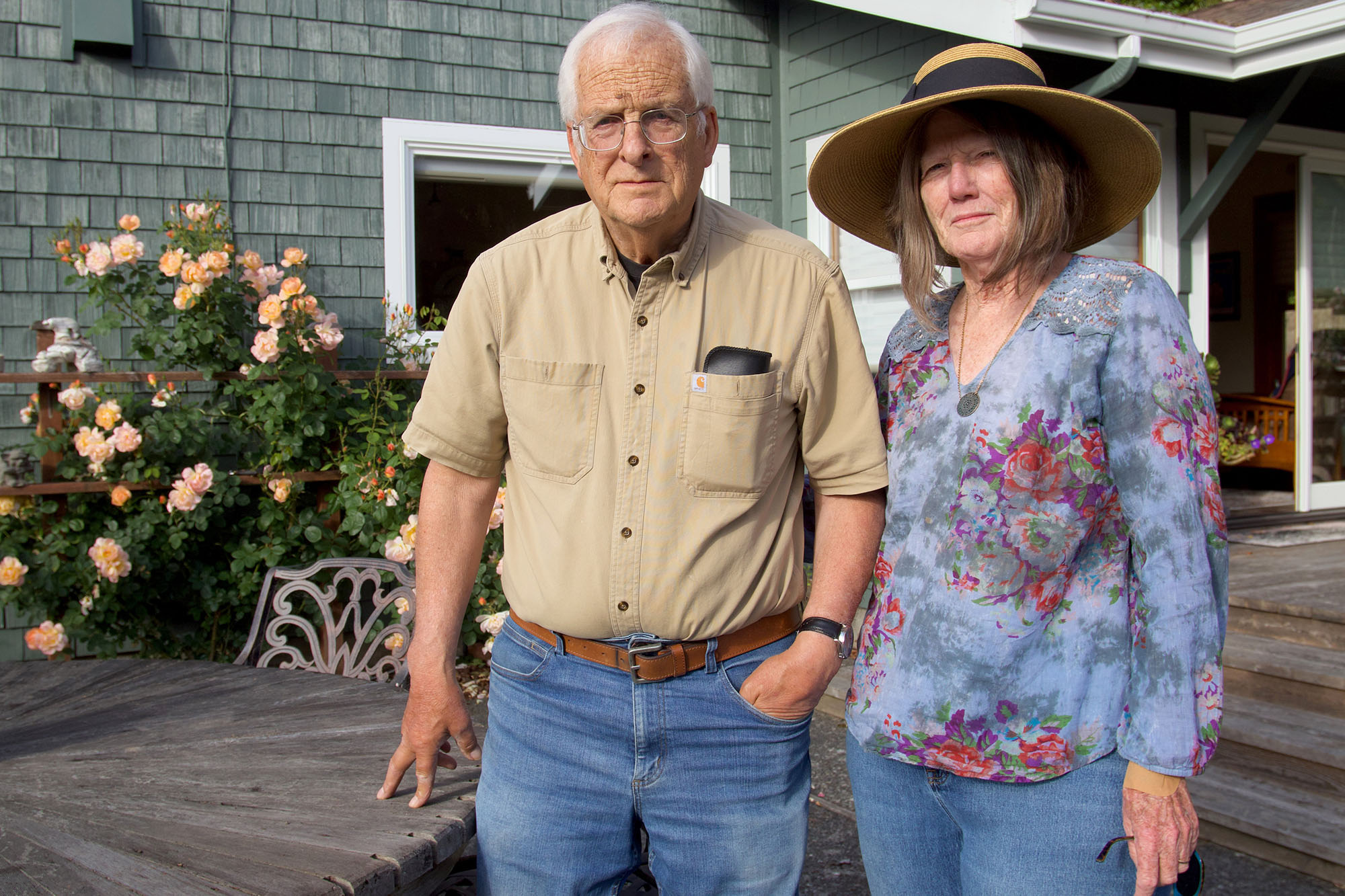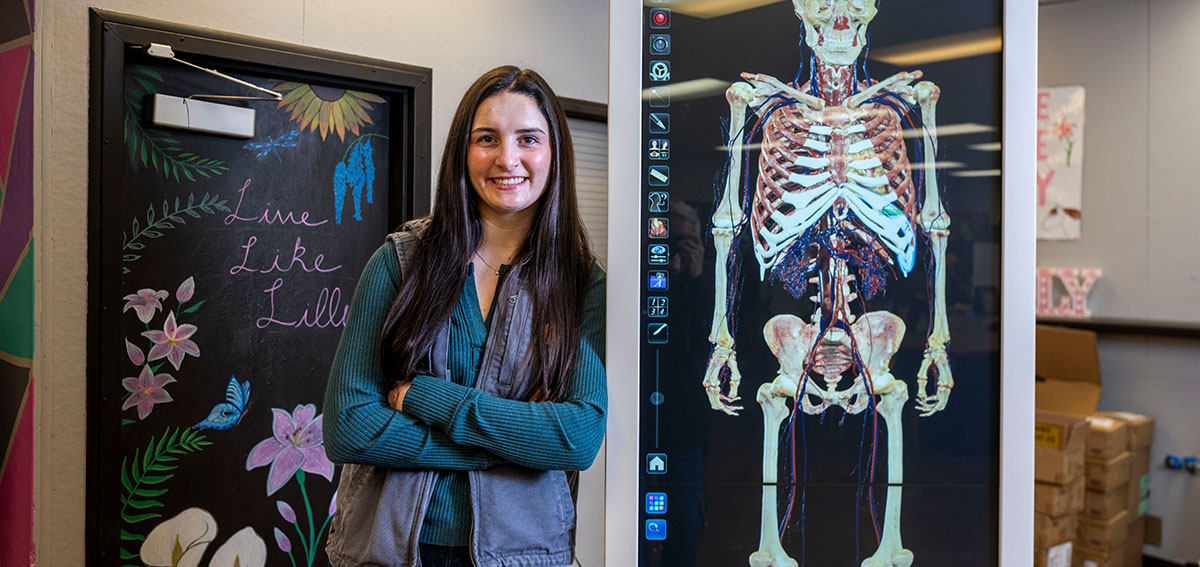
I can still remember one of the first times that I helped treat a Black patient.
I was on my OB-GYN rotation during my clinical year at UCSF School of Medicine, and I did what any other health provider would do. I tried to make the patient feel comfortable. I asked her questions and listened closely to her responses. It felt like a normal conversation where I tried to gather information and provide health advice in equal measure.
But as I was leaving the clinic that day, wearing my white coat, a Black woman from the office ran after me to relay how proud she was – and how important it was for her to see someone like me learning how to become a doctor.
It should come as no surprise that Black Californians want there to be more Black providers in our health system. Black doctors have been few and far between in California, making up around 3% of the state’s total physicians for decades.
What’s becoming clearer with each passing year, though, is the cost of this lack of representation. A recent study from the California Health Care Foundation found that 1 in 3 Black people in California say they’ve been treated unfairly by a health care provider because of their race or ethnicity. One in four Black Californians have avoided seeking care altogether because they felt they would be disrespected.
Black patients have the same basic expectations of the health care system as everyone else, the foundation survey found. They want providers who listen to them (98%), spend time answering their questions (97%), and discuss and personalize their health goals (93%).
Black Californians also agree on an obvious way to make the health care system work better: 80% say it is important to increase the number of Black doctors, nurses and other health care providers.
But as the old saying goes, you can’t be what you can’t see.
“Financial and academic support has to start early — as far back as elementary school — and continue through high school, college and even the medical school application process.“
A UCLA study last year found that the nationwide share of doctors who are Black men has remained basically the same since 1940. The question remains how do we change these abysmal numbers?
As a Black student at one of California’s most selective medical schools, I am the exception that proves the rule. Both of my parents were health professionals in Mississippi. I chose UCSF because I wanted to study at a school committed to cultivating a diverse student body and retaining and supporting Black students.
Nonetheless, it still took six months of clinical rotations before I worked under a Black physician. That was the first time I experienced that essential feeling of building a professional relationship with a person who looks like me, who is interested in what I hope to achieve, and who is deeply invested in my success.
As I continue to work in clinics and learn my craft, I think every student, patient and provider is looking for the opportunity to see and to be seen. It fosters genuine connections and real exchanges of information that are at the heart of health care. It’s something any good physician can do.
To do it well, especially for Black patients, we need more Black doctors.
The Urban Institute published a report this year outlining some of the most successful policies for establishing a diverse health care workforce – from pathway programs and holistic admissions to diversity initiatives and reducing the financial burden of higher education.
To me, what this comes down to is money and mentorship, which are two of the biggest barriers for Black students who hope to start and finish medical school. Financial and academic support has to start early – as far back as elementary school – and continue through high school, college and even the medical school application process, which itself is a sizable expense.
Mentorship programs are just as important to close what feels like a never-ending loop: We all want more Black doctors, to inspire and to guide us, but it’s hard because there are unfortunately so few.
There are more of us coming, though, and we’re going to do our best to provide the care Black Californians deserve.
This article was produced by CalMatters and first published on November 1, 2022.
Authors & Contributors

Wynton Sims
Wynton Sims is a medical student at the UCSF School of Medicine.





